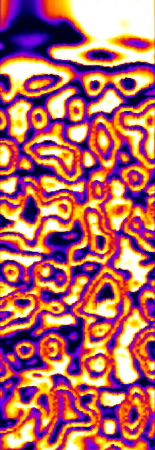- Home
- Institut Néel
- Research teams
- Technical Groups & Services
- Work at the Institut
- Partnerships
Central to many current questions in condensed matter, the correlations induced by electronic interactions give rise to numerous exotic properties. In parallel, studies of helium, considered as a model quantum fluid, contribute to the understanding of a diversity of problems in physics.
At the Institut Néel, a large number of experimental and theoretical studies address the properties of strongly correlated electron systems and the new states induced by correlations: heavy-fermion compounds, non-conventional superconductors, topological insulators, low dimensional systems, charge-ordered systems, doped diamond and doped silicon, etc. For example, we seek to understand the coupling between magnetic and electronic instabilities, or the influence of disorder on an electron glass.
Fundamental research on the mechanisms of superconductivity is a major strength of the Institute, concerning notably non-conventional superconductivity, the role of disorder, or the origin of orbital currents related to the symmetry of the order parameter. These superconducting materials enable us also to fabricate model quantum devices and to develop novel electrotechnical components.
The two isotopes of helium (3He and 4He) constitute model quantum fluids. Our fundamental research on helium allows us to investigate the coupled effects of quantum coherence, quantum fluctuations and interactions, and to address varied problems, ranging from turbulence and the influence of disorder in statistical physics, through a controlled achievement of the many-body problem to, ultimately, a simulation in situ of the primordial Universe.

